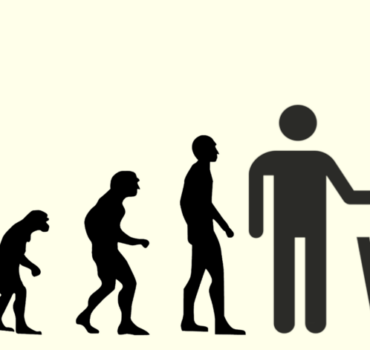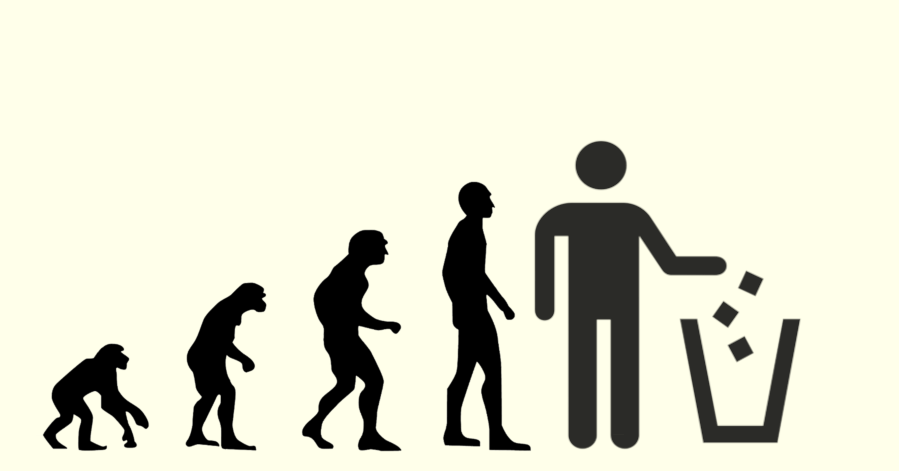
 In choosing to write about environmental issues, I never did intend to go into facts and figures in any great depth or to explore particular occurrences in detail. There are any number of sources of information to back up the generally accepted view that humans are causing global warming, and that the consequences of this are going to be predictably dire.
In choosing to write about environmental issues, I never did intend to go into facts and figures in any great depth or to explore particular occurrences in detail. There are any number of sources of information to back up the generally accepted view that humans are causing global warming, and that the consequences of this are going to be predictably dire.
As is usually the case with humans, some are taking it seriously and doing what they can about it, others believe it and do nothing. Some governments do enough to be seen to be doing enough, others don’t see the need. A minority of people seek actively to discredit the whole idea. There seems to be a sector of the community who think it is a load of rubbish. Well, we all know it’s rubbish, there’s just a difference of opinion on whether rubbish is one of the causes, or a description of, the concept.
Despite many good intentions and a vast array of good science the human race as a whole doesn’t seem to be making very good progress with this.
It bears repetition, which is lucky because I’ve said it before, that people simply aren’t that bothered because it doesn’t affect them – yet. It’s not like we’re living in the Maldives – there’s a community looking down the barrel of the problem. Or Jakarta – which is the fastest sinking city in the world. It has been predicted that a third of the city will be submerged by 2050. To be fair that’s not all due to global warming; it’s happening because of excessive extraction of groundwater.
It’s all part of the same story though. The rapidly growing human population is putting pressure on the environment. This is a species which is about to become a victim of its own success. We have dominated the ecosystem of the planet absolutely, ever since we started walking upright. I’m pretty sure no other species which has enjoyed time at the top on Planet Earth has ever worried about their environmental footprint. It’s a philosophical point I know; no other species has (that we know of) ever had the mental capacity to consider their impact on their surroundings.
But if you look at a human as a conglomeration of cells and genes which has evolved to survive long enough to reproduce successfully, where between the individual spirals of DNA and the brain are the decisions made? Are we self-delusional when we imagine ourselves to be in control of our own destiny?
We eat too much because our bodies are hard-wired to accumulate fat reserves against leaner times to come. Our highly evolved brains have allowed us to take precautions against leaner times by farming – but not yet to counter the desire to eat when we don’t need it.
In terms of the cycles of evolution and extinction, an outsider would be surprised to see humans getting together to try and preserve the planet we live on. It’s just not in our nature.








